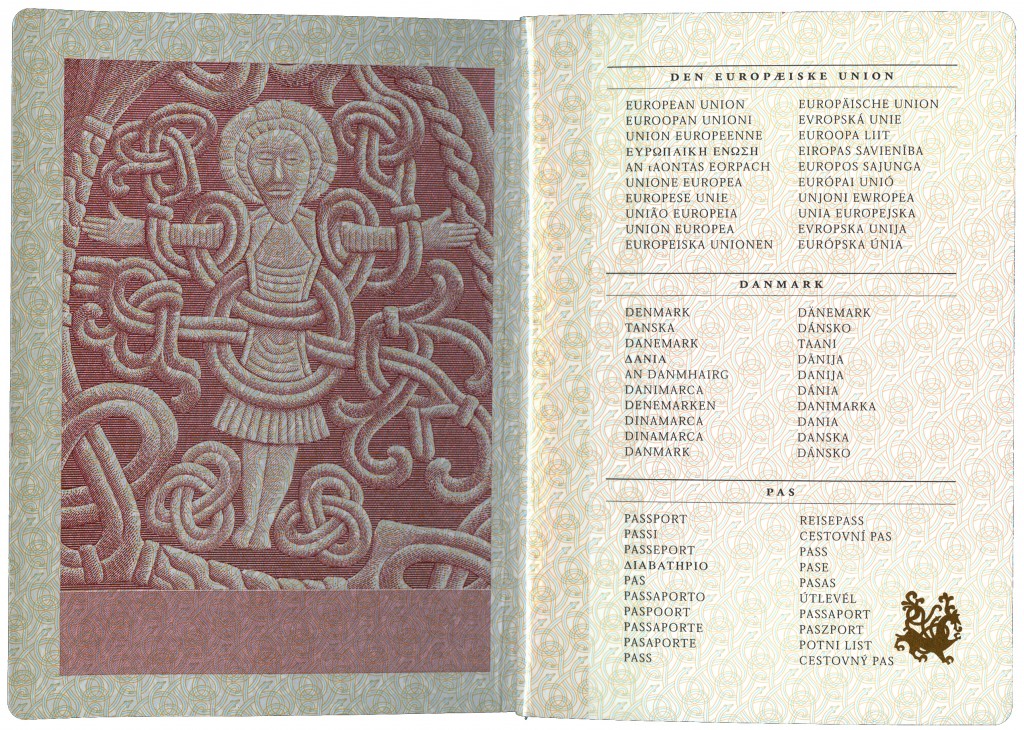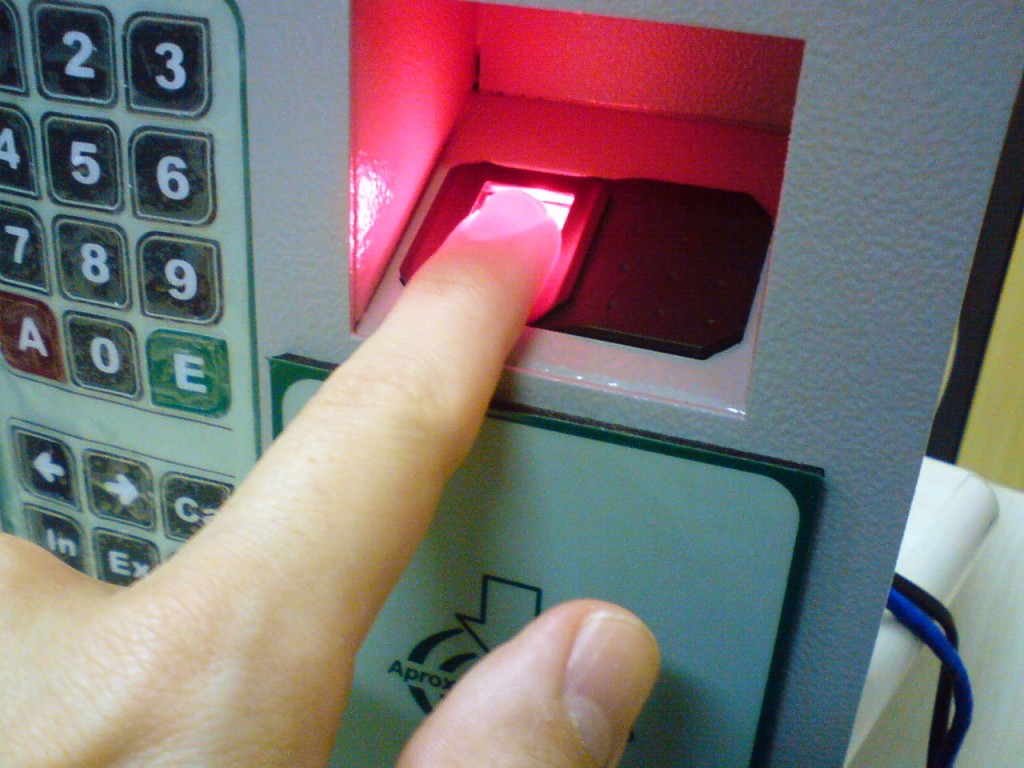Recently I had cause to doubt someone’s credentials in a situation where credibility was key. Not to worry, I thought, That’s what university registrars are for. You simply call them up and verify that said person is a graduate, right? Not right. It turns out—and maybe everyone else already knew this—you can’t verify a job applicant’s degree without having that same alumnus/alumna fill out a form to request the institution release the information. Academic privacy, and all that.
I might as well not have bothered going to college, it turns out. I’ve never had a fateful call from my college registrar, which means nobody in 20 years has ever factchecked my resume, apparently. Hmmm…I’ve always fancied a PhD in philology: perhaps today is my day. The post below, published in 2012, deals with the way society functions more on trust and discretionary lenience than we imagine, even in areas that are supposed to be strictly regimented. I guess in my paperwork negligence I could have been even more ambitious.
New Year’s being a time for getting on top of all the administrative crap cluttering my carry-over to-do list, I’m getting my papers in order. Yesterday’s hoop-jumping mission was my Canadian passport application. It’s a really straightforward process – I fish out my recently-unearthed citizenship card, featuring a blobby baby photo of myself propped up by mum’s arm (my height is listed as 61cm) and pose, unsmiling, for more up-to-date ones. I don’t even have to track down unrelated engineers or college professors anymore since they changed the guarantor requirements.
The application would have been easier still had I not let my old passport lapse for something like six years, but every time I thought about dealing with the long-expired – and now, long-lost – document, it’s been hard not to shrug and just put the $90 toward the cost of my next flight.
Yesterday’s report that this guy had entered the US with only a scanned version of his passport, displayed on an iPad, was quick to be denied by the authorities, but I wouldn’t doubt it. At least he had some evidence of citizenship. I, on the other hand, have been a frequent global traveler, reentering Canada dozens of times as a Canadian with no proof – or even evidence – of citizenship beyond my Toronto accent. In fact, my only ID, a UK passport, clearly states my birthplace overseas. The first time I did it, I expected to be admitted as an English person, but apparently this is impossible if I also claim to be Canadian.
It adds approximately 15 seconds to my reentry. “You really should have something that shows you’re Canadian.” “Yeah, I know. I really should.” <blank stare refusing to make it my problem> <three seconds of awkward, face-saving paper shuffling> “Welcome home.”
What use are regulations if, in practice, the front lines of the system exercise broad discretion? It turns out the discretionary decisions are based on a highly manipulable biological release system: oxytocin, the trust hormone. With a very short half-life – only three minutes – oxytocin acts in roughly the timeframe of a single customer’s turn in a service setting.
It’s not stored in the body but rather produced and released only when we need it. Famous for its role in childbirth and mate bonding, we see oxytocin appear during cooperative behaviours and even in people who are tweeting. It happens when we feel we understand someone – like when I approach the immigration officer showing all the markers of Canadian kinship. When a stranger demonstrates trust in us, oxytocin is released and we extend our own trust to them. This kind of reciprocation is, of course, what our entire society is built upon.
Paul Zak at the Centre for Neuroeconomic Studies at Claremont College has measured both higher oxytocin levels when a subject is about to demonstrate trust (sending money to an unseen person in the lab) and higher trust behaviour when he spritzes oxytocin up the subject’s nose.
There are exceptions – roughly 5 % of the population shows no such response, and this inability to trust and empathize could be behind phenomena like psychopathy.
It happened again last week – I went to get a library card, but I didn’t have proof of my address (this constantly happens to me, because I don’t drive and so lack the most common form of identification). I mumbled something about being able to show her a utility bill online if I could have internet access [a demonstration of willingness to go to some trouble for her]. “Don’t worry about it,” she said [oxytocin-surge-induced reciprocity], handing me a card that allows me to remove 50 items at any given time. Oh, and don’t get me started on voting procedures…

